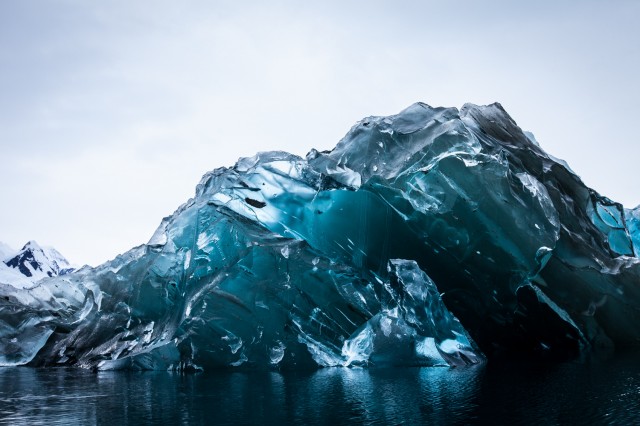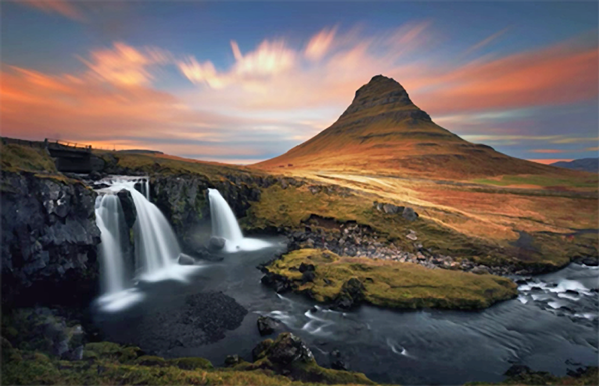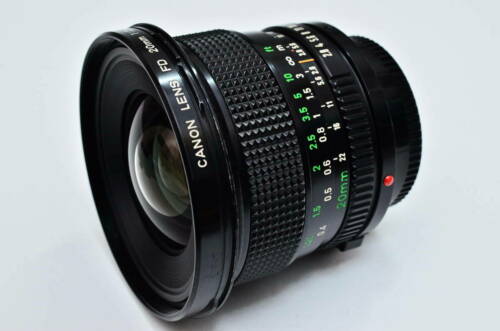
There are many factors that affect the salary of a forensic camera photographer. In Pennsylvania, for example, the average salary is around $40,000. The average salary in Pennsylvania is around $40,000. In this article, we will explore the job description, salary, and employment outlook. Continue reading to learn more about this rewarding career. Listed below are some of the advantages of being a forensic photographer.
Job description
A forensic photographer is a professional who visits crime scenes to capture images of victims and the scene. They also photograph the victim's personal belongings and help investigators, police and hospitals. They process digital photographs, print photographs, and provide testimony about photographic evidence. A forensic photographer may also maintain a "photo lab" and prepare images for distribution. Some photographers may work in a lab setting, even though many forensic cases do not go to court.
A strong eye for detail is essential in order to be a forensic camera. You also need to know how you can document everything. You must also be very detailed and maintain the quality of your photos throughout the processing process. The minimum amount of college coursework required to be a forensic photojournalist is 40 hours. A certification such as AFSP (Forensic Science Institute) will meet the requirements of this job.

Education requirements
Forensic photography requires a special education and training to be successful in this unique field. The training required for forensic photographers includes formal coursework in photographic principles as well as practical training. However, certification is an option, but it is not mandatory in order to work as a forensic photographer. Even if a photographer is not certified, they still have to meet certain standards. However, they might face additional obstacles before they can testify in court.
For a forensic photographer certification, there are approximately 80 hours of classroom instruction and 40 hours of hands-on training. The courses must contain forensic-specific information and must be completed within the last five years. Candidates must also be actively engaged in the forensic sciences, have at least a high school diploma, and must have two years of experience in photography related to this discipline. To be able to verify a photographer's qualifications, you will need a certificate of forensic photography. Many forensic photography certification programs offer specialized areas of study for forensic photographer, such crime scene photography.
Salary
There are many factors that affect the salary of forensic photographers. Your salary will generally be higher if you have more experience in this field. However, other factors can impact the salary of a forensic photographer, including the region where you live. Here are some tips that will help you negotiate your compensation:
First of all, the average salary for a forensic camera is quite high in the United States. According to the Bureau of Labor Statistics in the USA, the average annual salary of an forensic technician was $60,590. A forensic photographer's salary can go up depending on their experience and qualifications. In general, forensic photographers earn an average salary of $39036, making them a lucrative career choice for those with a keen eye for details.

The outlook for employment
A forensic photographer is a job that requires extensive photographic knowledge. This occupation requires a very meticulous approach. Photographers should be familiar both with the methods used to recover evidence and investigate crime scenes. They also need to understand the legal requirements. Photographers may be employed by law enforcement agencies, private forensic service companies, or both. This is a highly skilled career, with a great job outlook.
According to the U.S. Bureau of Labor Statistics the job outlook for forensic photographer is positive. Although the job outlook for forensic photographers is good, it is still a niche career. According to the Bureau of Labor Statistics (Bolster of Labor Statistics), jobs for photographers will grow by 17% between 2018-2020. Multiple contracts may be available for forensic photographers, which can allow them to add additional work to their income. Forensic photographers' employment prospects are not as bright as those in other areas of photography. It may also depend on where they work. It is important that you understand that this job may not offer the same opportunities as other types, such as low wages or high turnover.
FAQ
How can I learn photography on my own?
There are many options for learning how to take great photographs. You have many options. You could purchase a book or attend a class. Or you could join an online group. You can't go wrong with doing it yourself if you are serious about mastering the art of photographing. That way, you have complete control over what goes into each photo. As long as you continue learning, you will always be improving.
In fact, one of the best things about digital photography is that you don't even need expensive equipment. All you need to get started is an internet-connected computer and a digital camera. The rest is up to you.
Here are some tips to get your feet wet:
-
Make sure you are familiar with your camera’s manual settings.
-
Learn how the basic controls work.
-
Take lots of photographs.
-
You can edit them.
-
These should be shared.
-
Keep practicing.
-
Experiment.
-
Try different angles and perspectives.
-
Use light sources creatively.
-
Practice makes perfect.
-
Never be afraid to fail.
-
Be patient.
-
Have fun
Is digital photography hard?
Digital Photography is not as easy as you think. It takes time to master the tools. It is important to be familiar with the settings that are best for each type of shot. Learning by doing is the best way to learn. Practice makes perfect.
Photography is a great job.
Photography allows you to record moments in time and share these with others. If you're willing to work hard, it can also be a great way of making money. There are many paths to professional photography. As a hobby, you can take photos of friends and relatives. This will help you to improve your skills as well as build your confidence. After you've mastered this stage you can move onto paid assignments. Photographers who are the best earn a living doing what they love. They may take clients to events such as weddings and parties, where they must capture images of people enjoying themselves. However, most professionals prefer to shoot commercial projects such as product shots or advertisements.
To be a successful photographer, you must first identify what kind of photography interests you. Next, practice, experiment, try new techniques, until you feel comfortable with your technique. You can't replace experience so don’t expect to be successful overnight.
It is important that you first learn technical skills in order to be able to focus on creativity. Photography involves both artistic and technical aspects. Photography is a complex art that requires both artistic and technical skills. Understanding the basics of composition can help you achieve your goals faster.
You should also consider whether you want to pursue a career in photography full-time or part-time. Some people combine their love for photography with other jobs. It is possible to work as a freelancer while you are at the local newspaper. Others may choose to devote their whole time to photography. It doesn't matter what way you go, success in any creative field requires dedication and commitment.
Photography is a serious career. You must put in a lot time and effort if you want to succeed. It is important to think carefully about what you really want to do with your life.
Statistics
- That's the easiest way to get blurry photos 100% of the time. (photographylife.com)
- While I cannot prove that all of those spots were not sensor dust, the photo was taken during a heavy snowstorm…so I guess that 99.8% of the spots are snowflakes. (bhphotovideo.com)
- By March 2014, about 3 million were purchased monthly, about 30 percent of the peak sales total. (en.wikipedia.org)
- There are people out there who will pick at flaws they can only see in 100% crops of your photos. (wikihow.com)
External Links
How To
What are the essential skills required to be a professional photographer?
The basic skills required for any photography job include technical knowledge, artistic ability, and business acumen.
Technical knowledge includes understanding exposure settings, camera functions, lens types, film speeds, and developing techniques.
Artistic ability involves understanding composition, lighting, and posing and knowing how to use Photoshop and other editing software.
Business acumen involves managing clients, budgeting and scheduling.
Professional photographers should be interested from a young age in photography.
You can learn about photography by taking classes at school or college or through online courses.
There are also many books available that teach you all aspects of photography.
You should not only learn photography but also develop your own style.
This will allow you to stand out from other professionals in your field.
Photography has changed through the years. In the past, people used cameras such as Kodak Instamatic or Polaroid instant cameras.
Today digital cameras are more popular than ever before. Today, the majority of photographers use their smartphones to shoot photos.
You can get a smartphone that captures high-quality pictures, but if photography is your passion, you must invest in a DSLR camera (Digital Single Lens Reflex).
A DSLR allows you to control every aspect of your photo, including shutter speed, aperture, ISO sensitivity, white balance, and focus.
These features allow for you to create incredible photographs and effects.
These controls can also be used to alter the mood in your photograph.
By using a fast shutter speed, for example you can blur the subject.
You can also make the images appear as if they are moving by increasing their light input.
Another way to change the mood of your image is to adjust the color temperature of the scene.
You can, for example, increase the red in the picture if you see a lot of blue light. This will give it a warmer look.
You may have difficulty deciding which direction you want to point your camera.
However, once you understand the basics, you will soon realize that it is not so hard after all.
It's actually easier than you think!
The first time you start out, you'll probably only be able to shoot landscapes and close-up images of objects.
Don't worry; you will learn to capture everything, from portraits to abstracts.
Once you are proficient in the basics, you will be able to move on to more difficult subjects.
Here are some tips for getting started.
-
Select a location that is convenient. You should choose somewhere you feel comfortable and relaxed.
-
Look for something to photograph. Try to find unusual or unique objects.
-
Make sure to take lots of practice photos. Practice makes perfect!
-
Experiment with different angles. Your goal will dictate how you hold your camera.
-
Use different lenses. Different lenses can offer you different perspectives.
-
You can also shoot in low-light conditions. Photography in bright sunlight can be challenging.
-
Practice framing the shot. Framing is one of the most important skills when capturing an image.
-
Learn how to set up your camera settings. You can improve your photography by spending time with your camera settings.
-
Keep learning new techniques. There are many ways you can learn about photography. Visit local galleries and museums.
-
Read magazines and books. Reading about photography will teach you everything you need to know.
-
Join a club. Clubs for photographers often organize events that encourage members share their work.